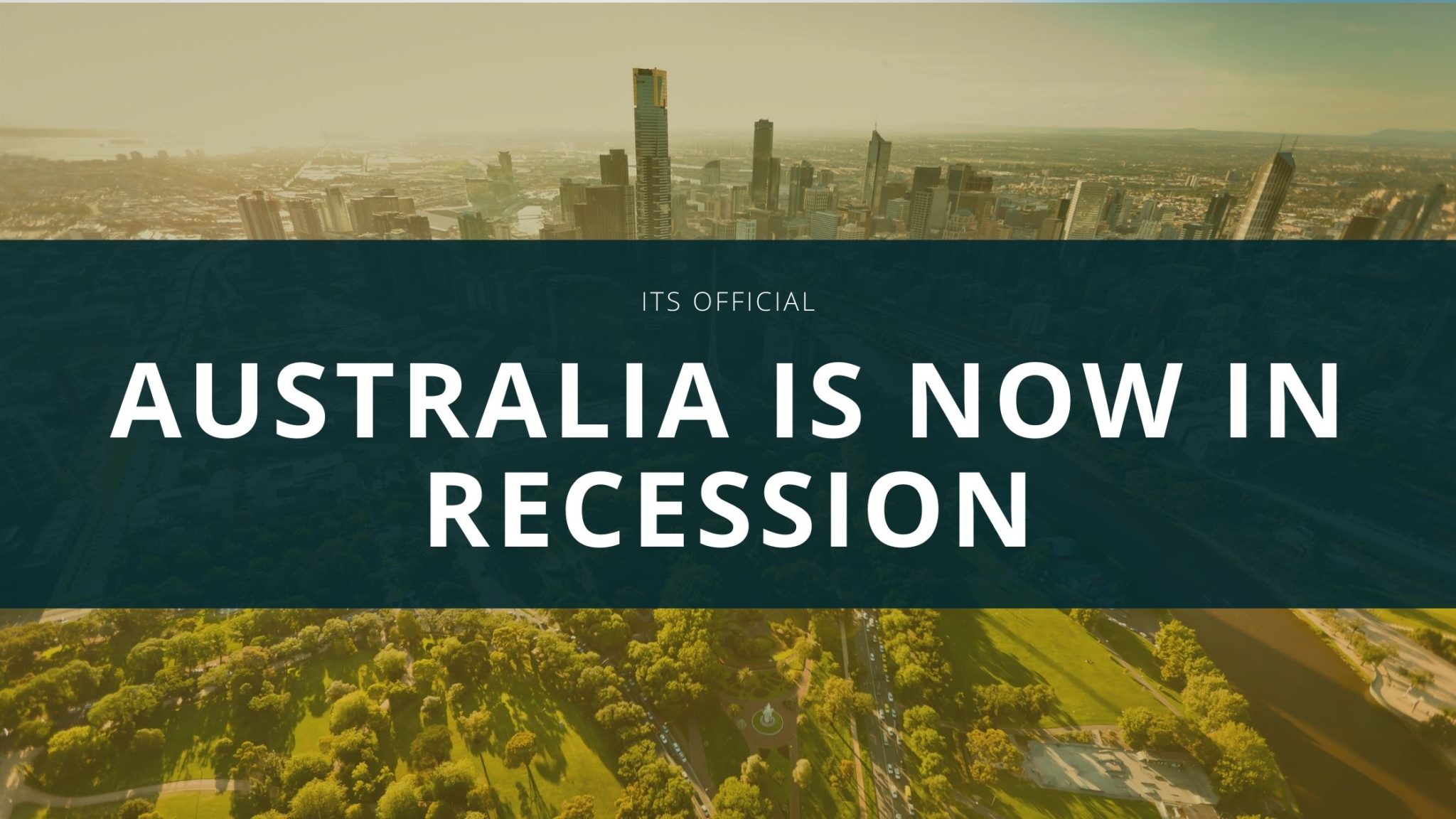
Helen Collier-Kogtevs
Budget Impact on Property Investors
Yesterday our Treasurer Scott Morrison handed down the federal budget and the result is good news and bad news for property investors.
While watching Sky Business news last night, I watched Scott Morrison do his best to sell his budget to the Australian public. He claims that his big-spending and tax increases will bring the budget into surplus by 2020-2021.
Interestingly, what came to mind during it all was from the Aussie movie ‘The Castle’ …somebody needs to tell our Treasurer that “he’s dreaming” and that the best place for his budget is for it to “go straight to the pool room”.
I fail to understand how massive spending, leaving this country with over half a trillion dollars in debt, is good for us and how his budget changes will bring us into surplus.
He has a whopping credit card in his hand with a massive credit limit and he plans on using it.
Lucky for him… but unfortunate for the Aussie tax payer, this means that we will be picking up the tab for his shopping spree.
I wish this country would give me a credit card to go shopping with and then pick up the tab.
Anyway, let’s stick to the point at hand which is, what’s the impact of the federal budget on property investors.
Well, the federal government has pretty much left the structure of negative gearing alone however it has tweaked what investors can claim.
The stand outs include:
- If you own a property interstate, you can no longer claim the annual trip to inspect your property, and
- Subsequent owners of a property can no longer depreciate non-fixed chattels (plant and equipment) on that property, for example; the oven, cooktop, air conditioner etc.
So what does this mean?
It means that there is no change to claiming depreciation, unless you are the subsequent owner of the investment property, in which case, you can still claim depreciation on the building just not the chattels.
It also means that investors will have less claims at tax time and therefore will be hit with higher costs of holding a property.
However for investors purchasing property that has not been owned by an investor previously, there is no change to being able to claim full depreciation deductions at tax time.
The real question is… are these changes enough to stop people from investing in property?
No! not in my opinion.
If you invest in property to save tax, then you are in the wrong game anyway. Investing in property is to create long term wealth and paying tax is just the cost of doing business. Of course, you should always look at ways to minimise your tax but it should never stop you from getting into the market or growing your portfolio.
The positives from the budget include:
- Foreign investors will have to pay an annual fee of $5,000 if they leave their properties vacant or if it’s not available for rent for 6 months or more each year,
- Introducing a 50 per cent cap on foreign ownership in new developments, and
- Foreign investors must pay capital gains tax (CGT) on their investments including their main residence should they purchase a principal place of residence.
- An increase in the capital gains tax discount of 60 per cent for investments in the affordable housing scheme.
At least now, foreign investors can’t get away with buying property, leaving it vacant and then selling at a profit to then pay little to no tax.
Considering the number of Asian buyers in the market (around 25 per cent), it will be interesting to see if this change makes a difference in the long term.
As for addressing the problem of housing affordability, the government is spending $1b to develop urban areas and give investors the added bonus of a bigger CGT discount when they invest in affordable housing.
BUT… to qualify for the bigger CGT discount, investors need to rent their properties below the rental market rate. It sounds like the defunked National Rental Affordability Scheme (NRAS) to me.
First home buyers
First home buyers also got a helping hand from the budget.
They will be able to build a deposit inside their superannuation. Voluntary contributions of up to $15,000 per year and $30,000 in total will attract concessional tax treatment under the new scheme.
The problem… I don’t know too many young people/families who can salary sacrifice $15,000 into super. Maybe ‘mum and dad’ can help out however it will also be interesting to watch what happens and how many first home buyers take advantage of such a scheme.
To me this policy sounds good but I’m not sure of its practicality.
To sum this up, all I can say is… ‘there’s not much to see here’…the property market is still going strong and is presenting lots of opportunities for investors.
Helen Collier-Kogtevs
Share this post
Become a successful Property Investor















